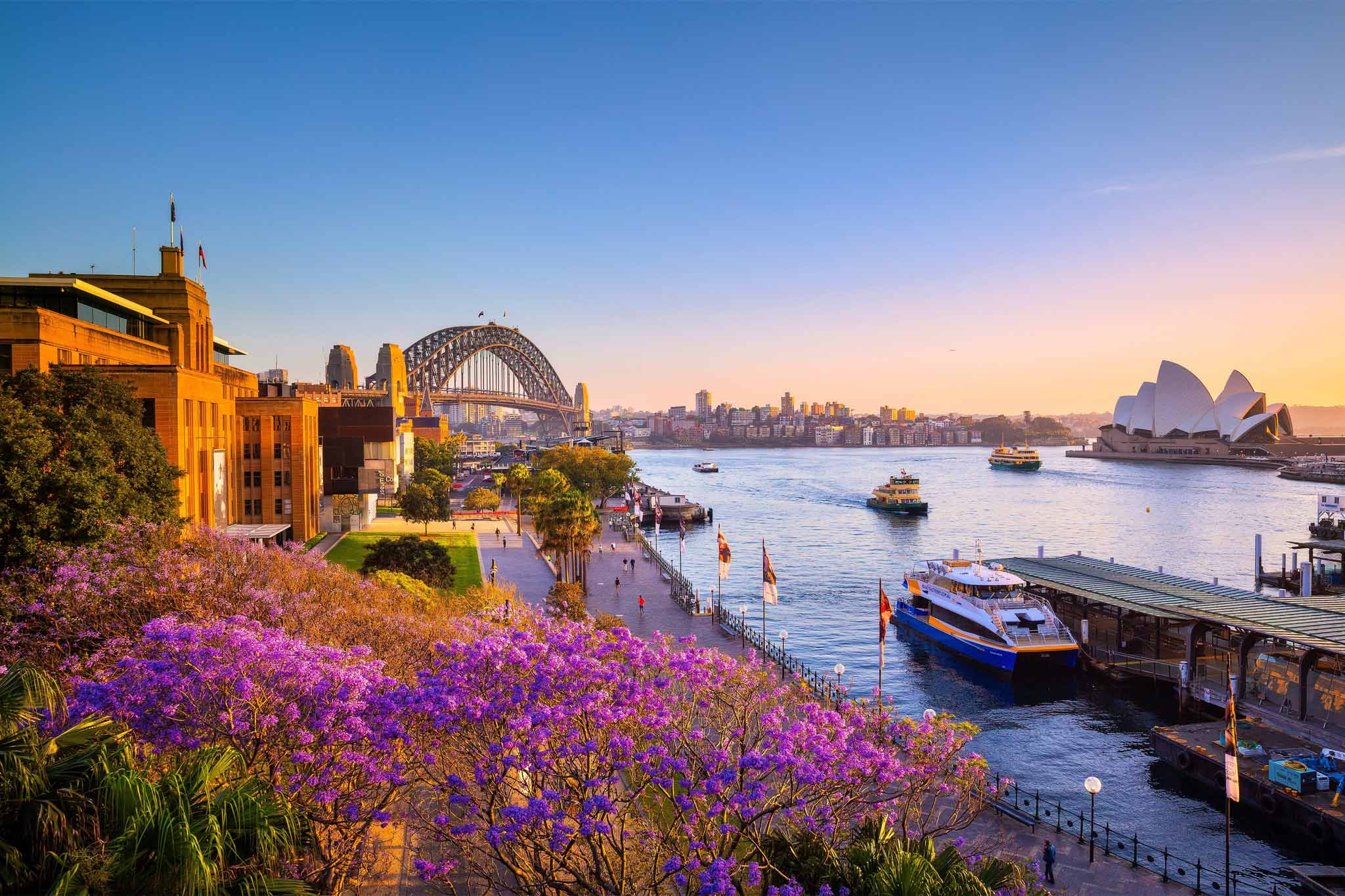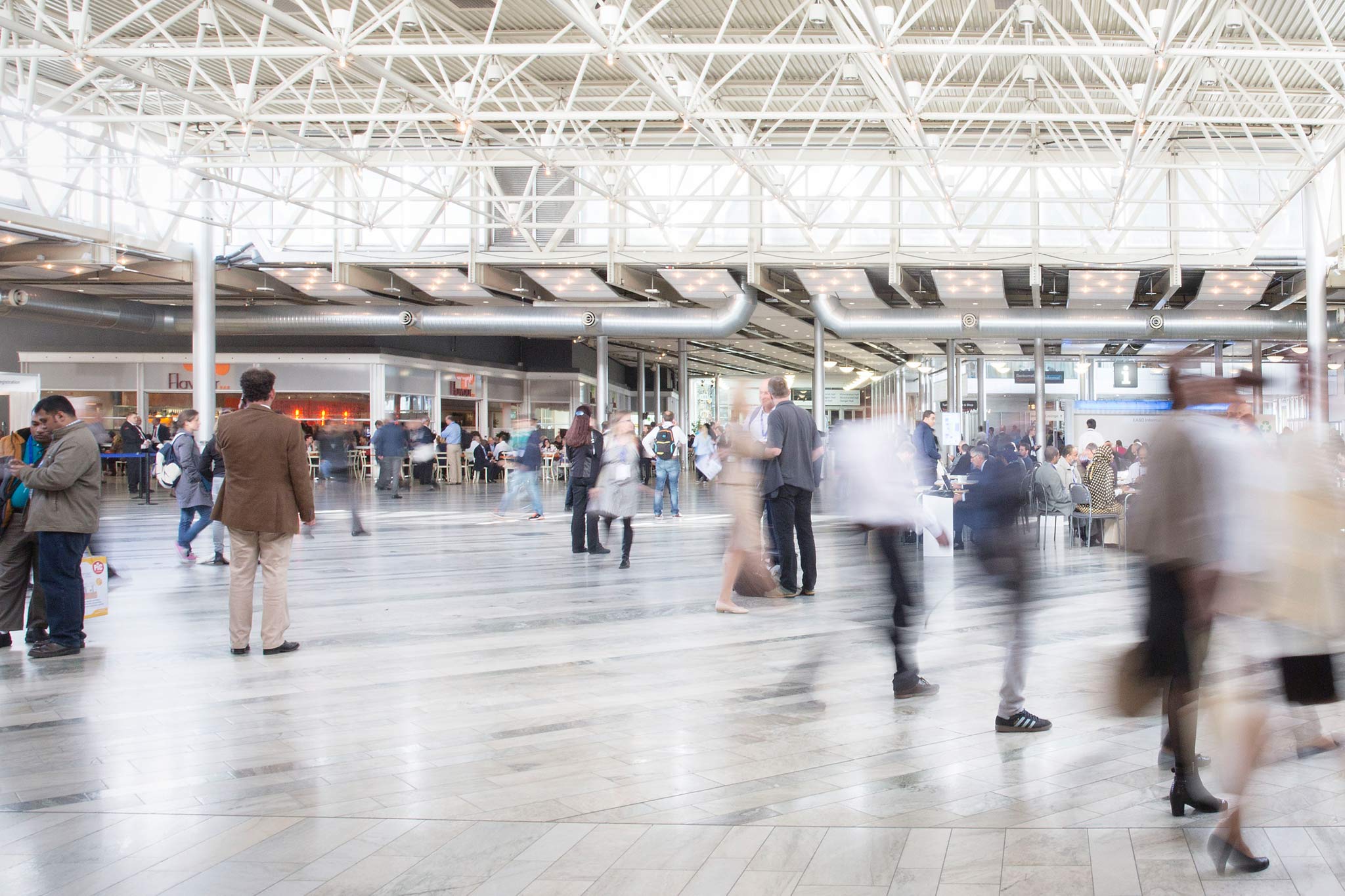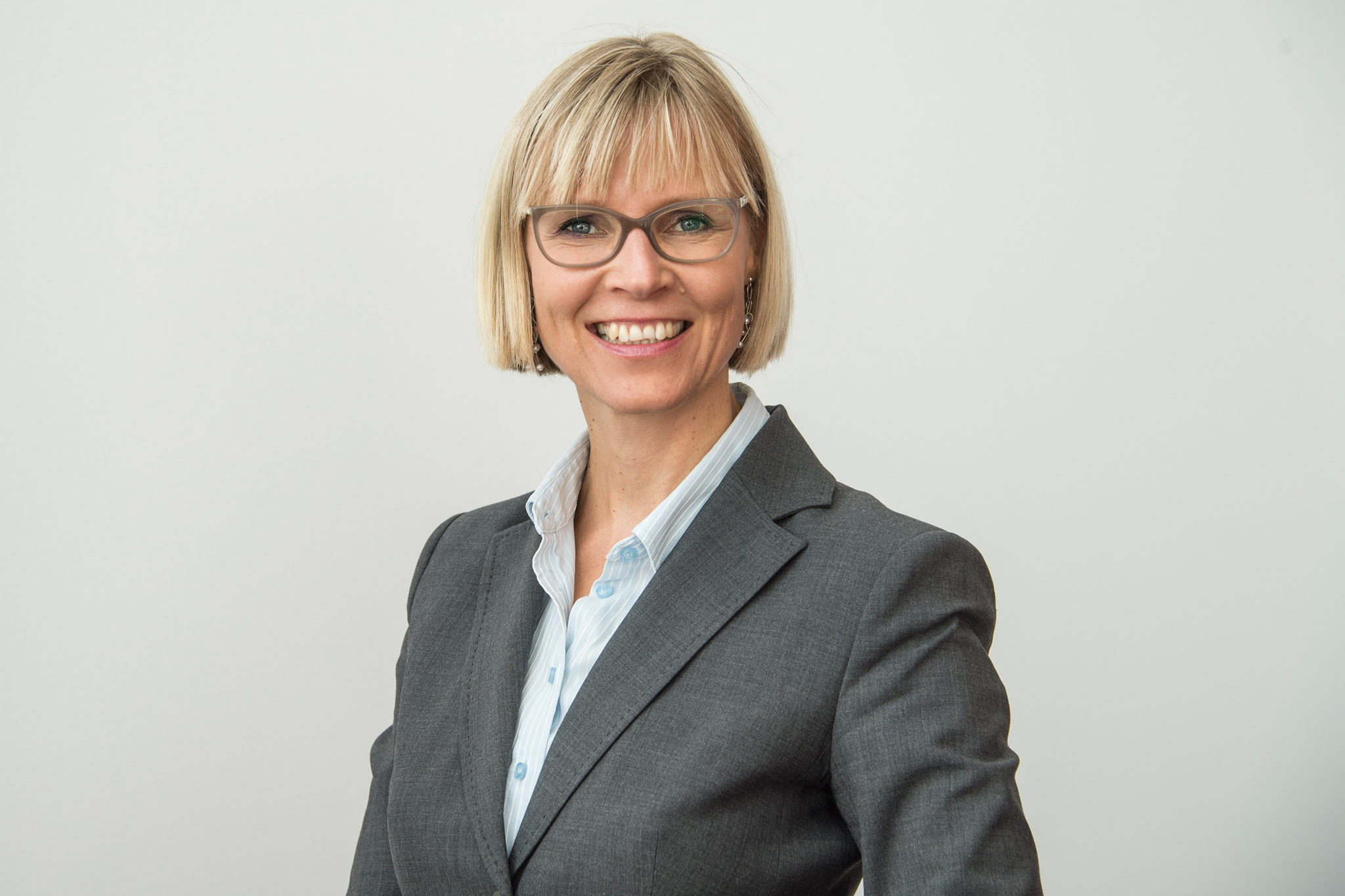Around 1,500 cultural heritage experts from around the world are set to meet in Sydney for the General Assembly of the International Council on Monuments and Sites (ICOMOS GA2023) in September 2023, marking the first time the event is held in Australia or the Pacific region.
With a strong commitment to social and environmental responsibility, here are seven ways local host Australia ICOMOS is incorporating sustainability into every aspect of GA2023.
1Achieving Carbon Neutrality
Australia ICOMOS aims to make GA2023 a carbon neutral event. This means that action will be taken to minimise the carbon footprint in the first place. Then, net carbon emissions caused by the event will be offset by purchasing carbon credits.
GA2023 Corporate Patron, EarthCheck – the world’s leading scientific benchmarking certification and advisory group for sustainable travel and tourism – will manage ICOMOS GA2023’s carbon neutral calculations. Arinex – Australia ICOMOS’s event management company – is already certified carbon neutral. This will deliver significant time and cost savings in calculating the event’s overall emissions because Arinex’ carbon emissions are already offset.
ICOMOS is also encouraging attendees to purchase carbon offsets for their travel to and from the event, and to use public transport during the event or stay at hotels within walking distance of the venue.
2Offsetting Travel with Airline Partner
Australia ICOMOS has secured the support of Qantas, through the airline’s Future Planet Program, to match every carbon offset purchased by attendees of GA2023. Qantas will also track and report on the carbon impact of any Qantas travel associated with the General Assembly and on any offsetting that attendees purchase. Qantas will make it easier for delegates to offset their travel by providing special discounts for attendees on every available Qantas flight internationally and domestically for 10 days either side of GA2023.
3Developing a Sustainability Guide
Australia ICOMOS has developed a Sustainability Guide which contains recommendations to assist in the sustainable organisation of the event. The guide covers all aspects of an event, from planning and choice of venue to event promotion and catering, with options to save energy and minimise waste.
4Prioritising Aboriginal Procurement
An Aboriginal Procurement Policy is creating opportunities for Aboriginal-owned businesses and encourage Aboriginal employment through the supply chain of GA2023. For example, Aboriginal suppliers are being sourced for sustainable event satchels as well as catering for a day tour to the Greater Blue Mountains World Heritage Area. Australia ICOMOS will report on its performance in achieving Aboriginal procurement targets to the GA2023 Indigenous Advisory Panel and the GA2023 Organising Committee.
5Minimising Paper and Plastic
Australia ICOMOS aims to minimise the use of paper and plastic throughout the event. Delegates will receive sustainable name badges with bamboo ribbon lanyards. The lanyards can be repurposed after the event for use as USB lanyards. Reusable water bottles will be provided; and delegates will be encouraged to bring their own keep cups. Paper programs and other hand-outs will be minimised by using a GA2023 app and website, which will include the conference program and abstracts.
6Selecting a Sustainable Venue
GA2023’s main venue, the ICC Sydney, is part of a recognised Green Precinct, awarded 6 stars under the Green Building Council of Australia’s Green Star Communities certification, and with a Gold LEED certification from the U.S. Green Building Council. ICC Sydney’s internationally recognised waste reduction program targets 75 per cent of operational waste diversion from landfill.
Bottled water has been replaced by water stations to allow delegates to refill their reusable bottles. Harvested rainwater collected from the exhibition roof provides 100 per cent of irrigation demands and 63 per cent of toilet flushing demands. The venue also receives 5 per cent of its energy from a community funded solar energy project, equivalent to powering more than 100 homes every year.
7Sourcing Local Catering
Food and wine for catering provided by ICC Sydney is sourced from local producers, reducing food miles and energy emissions. Solar hot water is supplied to kitchens. All uneaten food is donated to charity partners Mathew Talbot Hostel, and OzHarvest, to feed those in need or repurposed as fertiliser and green energy.



